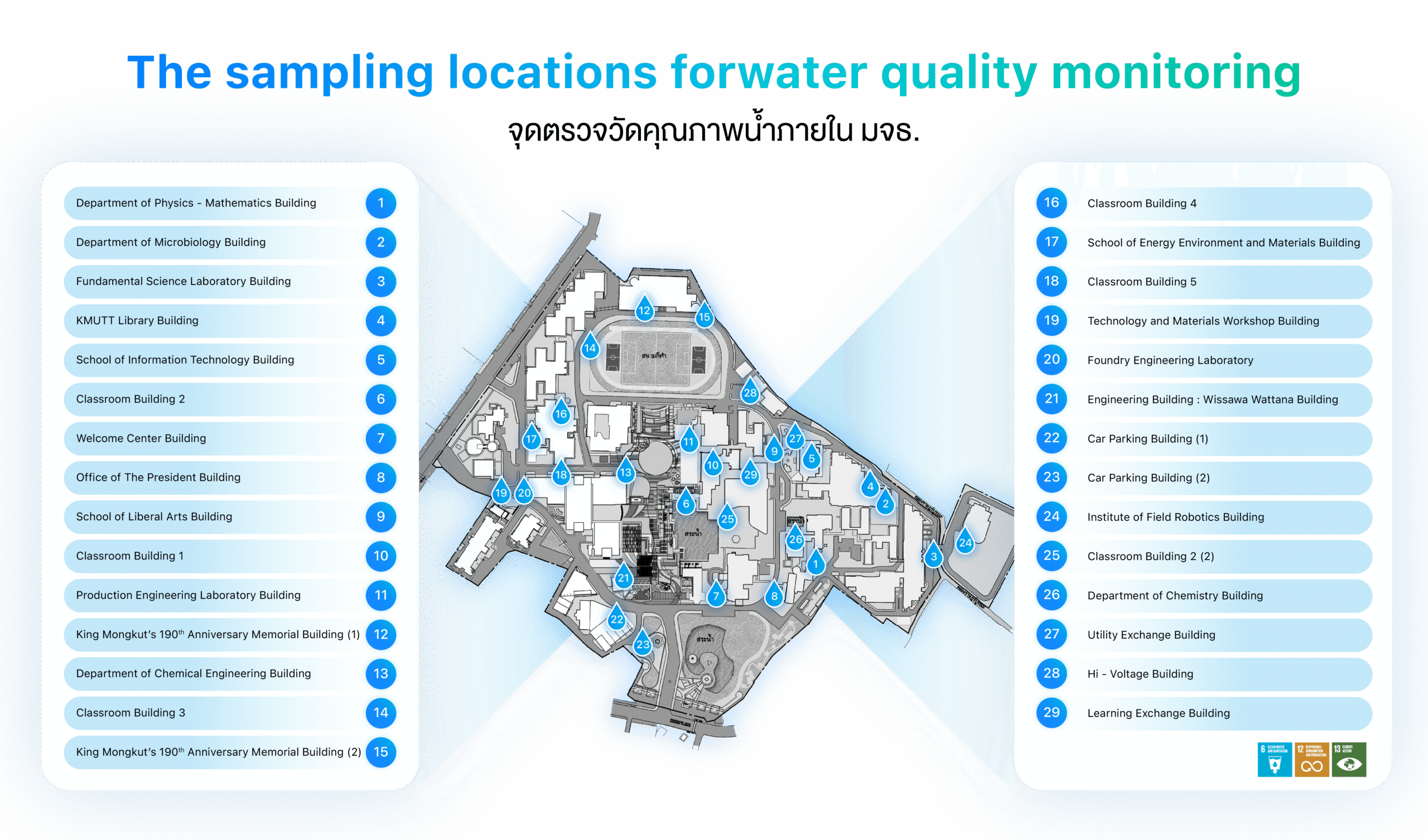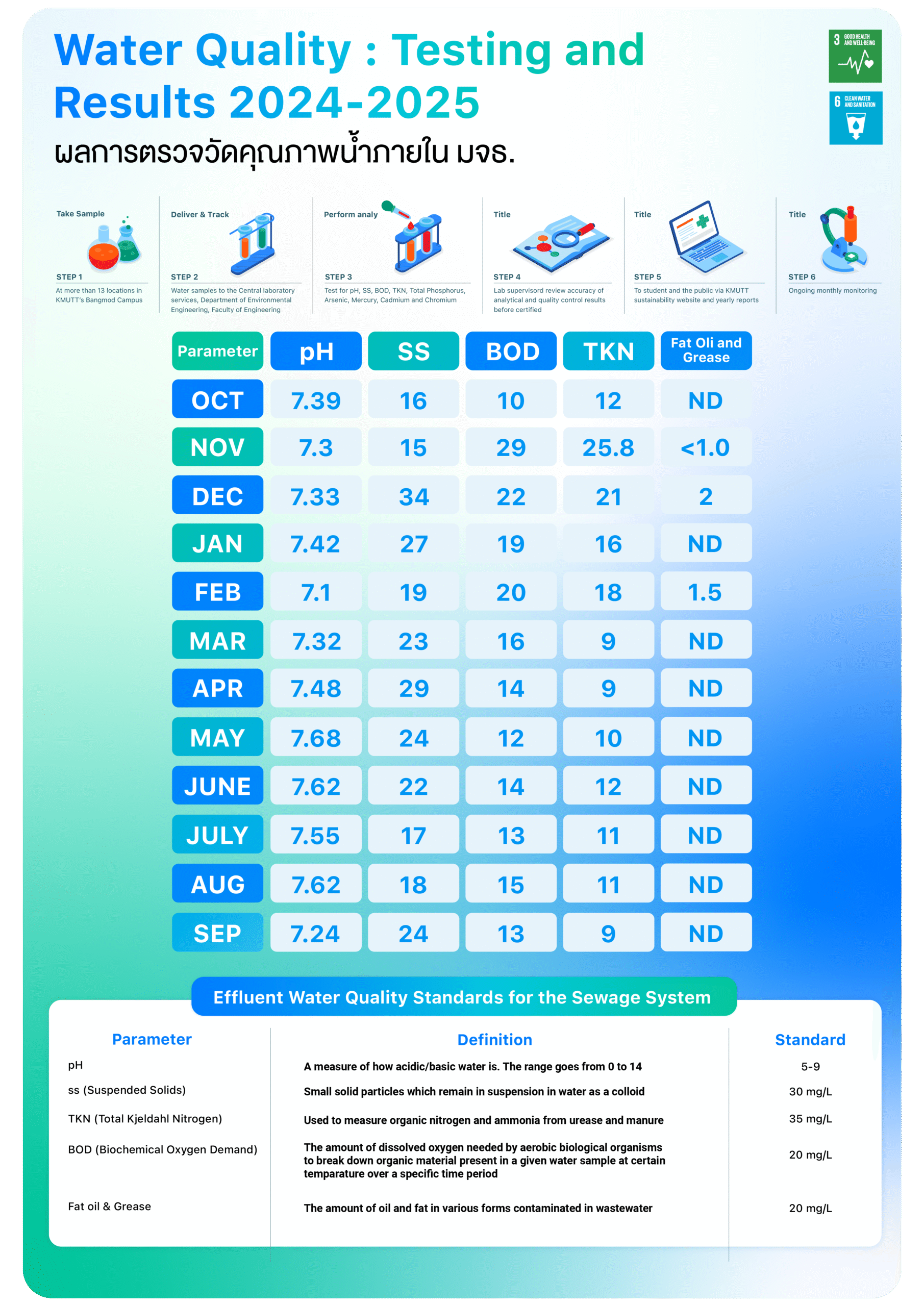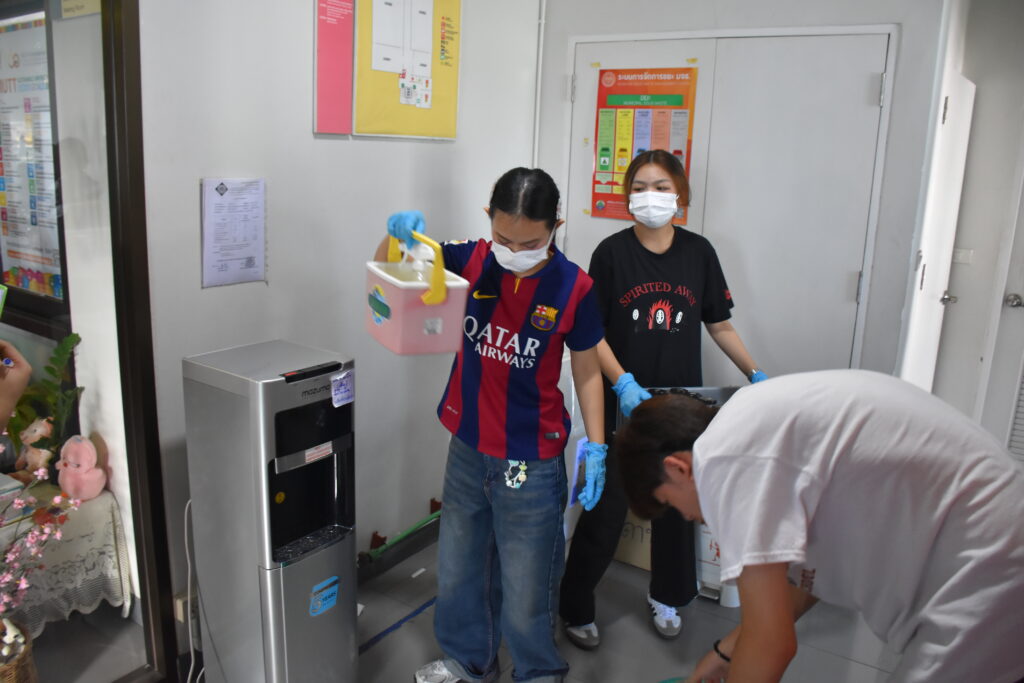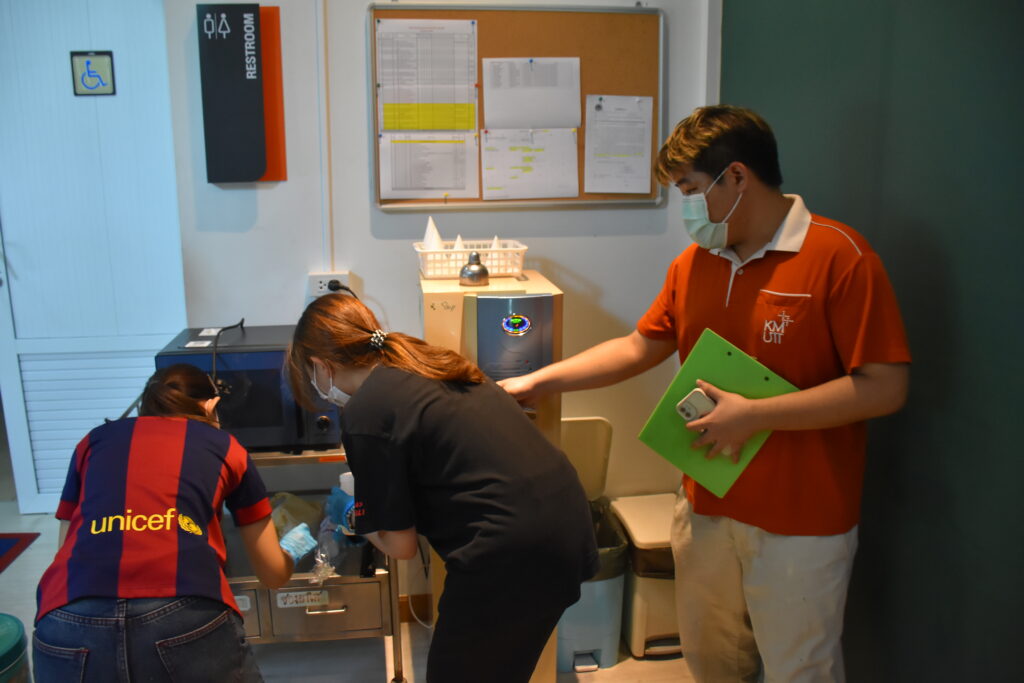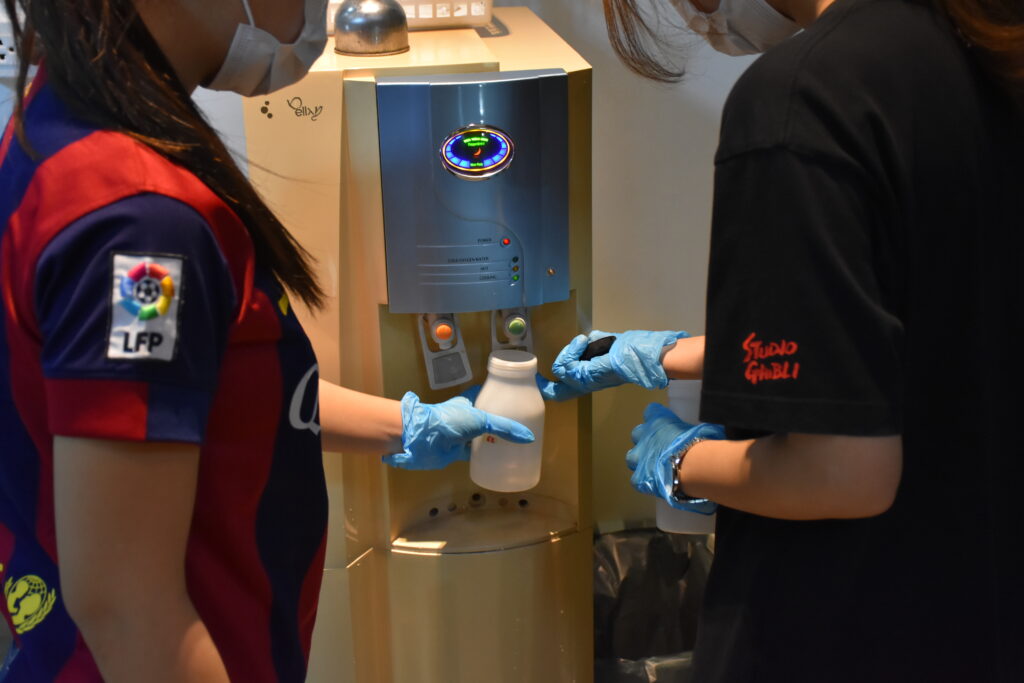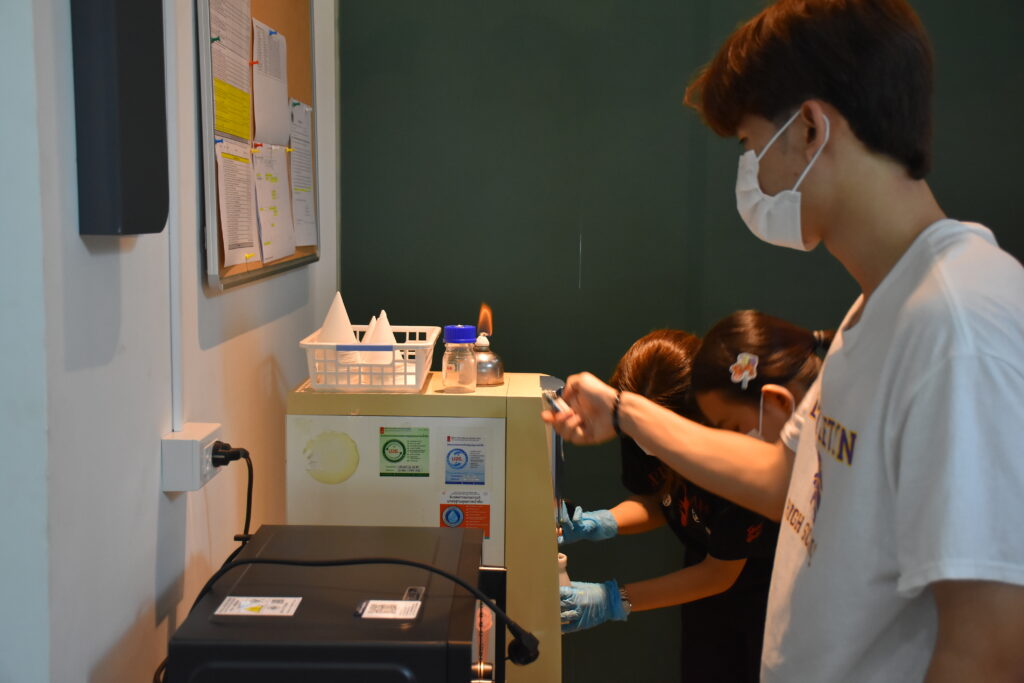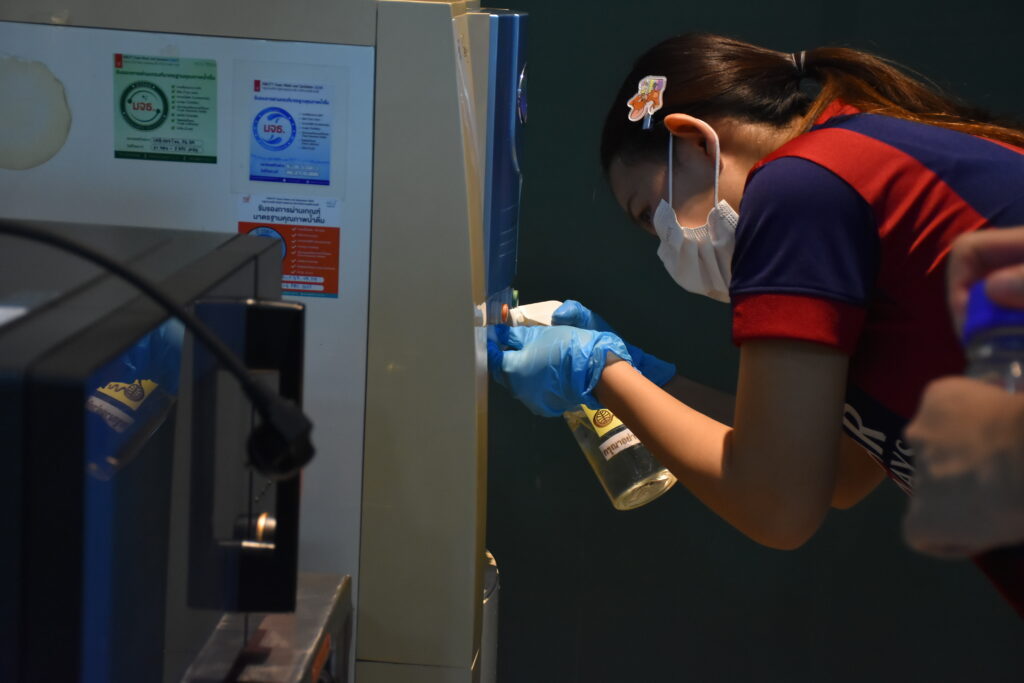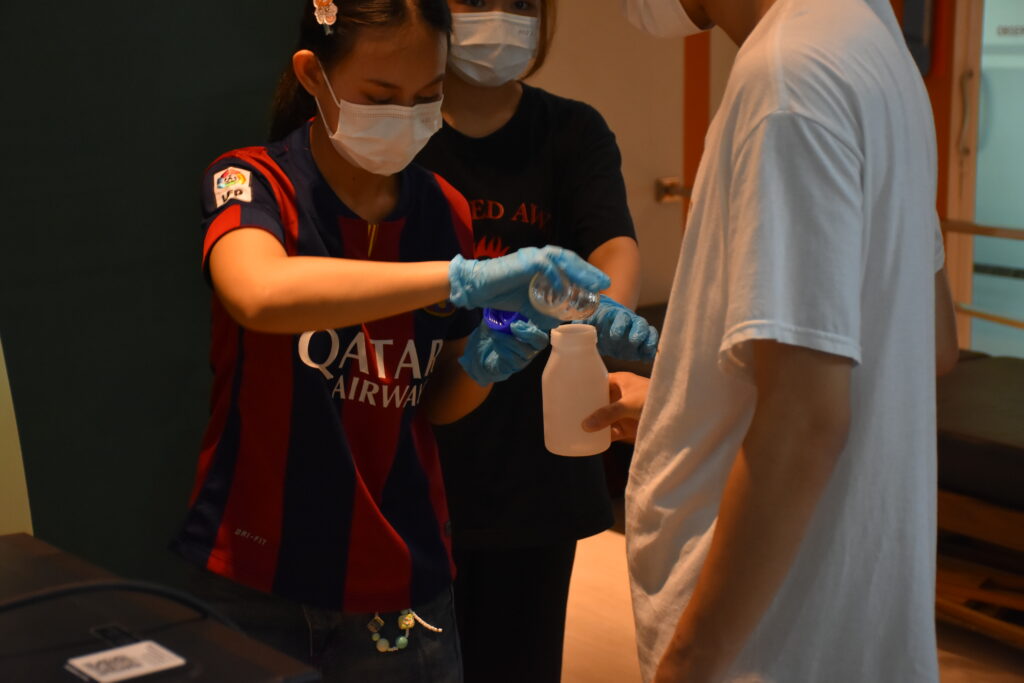

King Mongkut’s University of Technology Thonburi is deeply committed to environmental protection and sustainable campus operations, as reflected in its Water Conservation Policy. A key component of this policy is the prevention of waterway pollution and the assurance of clean wastewater discharge that safeguards both campus health and the surrounding environment.
To achieve the target of clean wastewater by 2020, KMUTT established dedicated wastewater treatment systems in every major building across its campuses. Each treatment plant is designed to manage effluent from laboratories, canteens, and residential facilities, ensuring that wastewater is effectively treated before being released into the environment.
Monthly monitoring and analysis are carried out to verify compliance with the Industrial Wastewater Standards of Thailand. The Central Laboratory Services, under the Department of Environmental Engineering, performs comprehensive testing and quality assurance. Parameters routinely monitored include pH, Biochemical Oxygen Demand (BOD), Chemical Oxygen Demand (COD), Total Dissolved Solids (TDS), and heavy metal concentrations—all of which are critical indicators of water quality and ecosystem safety.
Through rigorous monitoring and continuous system maintenance, KMUTT ensures that its wastewater management aligns fully with national environmental standards, reinforcing its role as a responsible and sustainable institution.
Key Outcomes
- Target: 100% of wastewater from all KMUTT buildings to meet Industrial Wastewater Standards by 2020.
- Status (2025): Target sustained wastewater quality from all buildings and natural water bodies within KMUTT remains 100% compliant with Industrial Wastewater Standards.
KMUTT’s comprehensive wastewater management framework exemplifies a proactive approach to environmental stewardship, ensuring that the university’s operations contribute to a cleaner, healthier, and more sustainable campus ecosystem.
